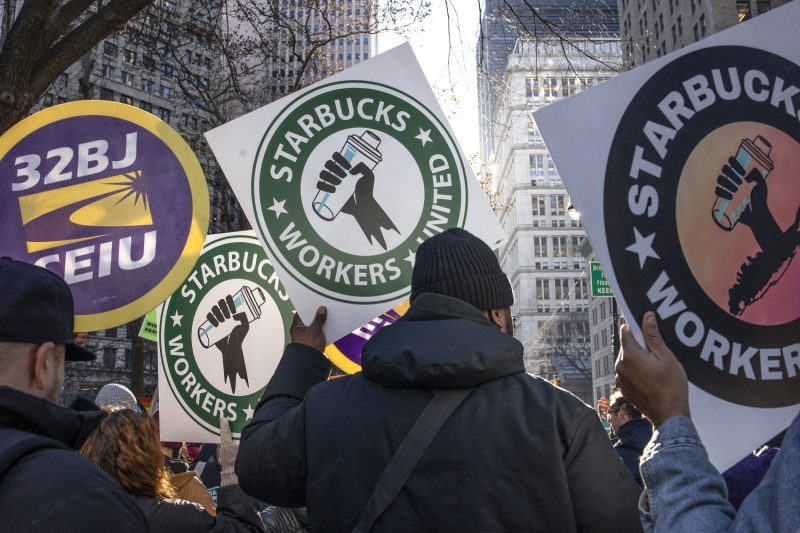The recent appointment of Brian Niccol as the new CEO of Starbucks has brought about significant changes in the company’s stance towards unionization. With a commitment to working collaboratively with labor unions, Starbucks under Niccol’s leadership is poised to navigate the evolving landscape of labor relations in the retail sector.
Niccol’s approach marks a departure from the historical resistance that Starbucks and other major corporations have shown towards unions. By signaling a willingness to engage in dialogue and negotiation with labor representatives, Niccol is setting a new tone for Starbucks’ relationship with its employees.
This shift comes at a time when workers across various industries are increasingly seeking to unionize in the face of rising income inequality and job insecurity. The COVID-19 pandemic has underscored the importance of job protections and fair compensation, leading more workers to consider collective bargaining as a means to secure their rights in the workplace.
Niccol’s decision to engage with unions reflects an understanding of the changing dynamics of the labor market and a recognition of the growing power of organized labor. By embracing unions as partners in improving working conditions and employee well-being, Starbucks is taking a proactive step towards fostering a more inclusive and sustainable work environment.
The move towards union collaboration is not without its challenges, as negotiating collective bargaining agreements can be complex and require compromise from both management and labor. However, by demonstrating a willingness to engage in meaningful discussions and address workers’ concerns, Starbucks is showing a commitment to building a more equitable and respectful work culture.
The success of this new approach will depend on the ability of both parties to communicate effectively, establish trust, and find common ground on key issues such as wages, benefits, and working conditions. By creating a platform for open dialogue and mutual respect, Starbucks can lay the foundation for a more positive and constructive relationship with its employees and their representatives.
As Starbucks continues its efforts to navigate the complexities of labor relations in the modern economy, the commitment to working with unions under Brian Niccol’s leadership signals a promising new chapter for the company. By embracing collaboration and dialogue, Starbucks is not only addressing the needs of its workforce but also setting a precedent for other corporations to follow suit in promoting a more inclusive and equitable workplace for all.
